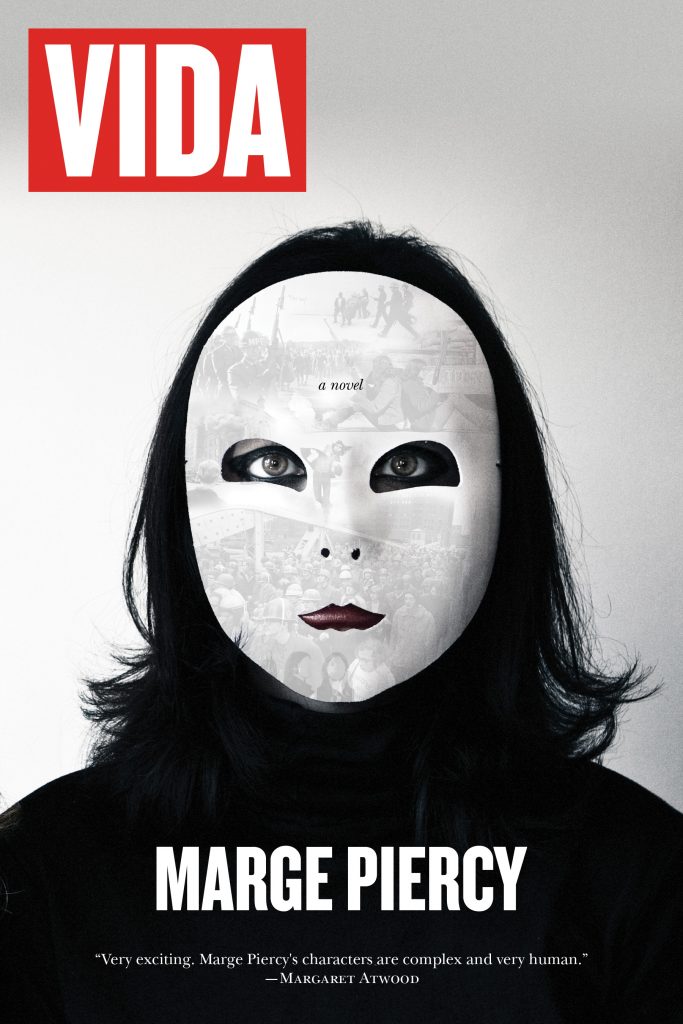By Nina Lary
Bitch Magazine
June 2012
When it was first released in 1979, the L.A. Times called Marge Piercy’s Vida the “Golden Notebook of the ’80s,” both a record of and reflection on the state of feminism at a historical turning point. In the 1960s American antiwar movement (the setting of half of Vida), feminist issues were considered second-tier, even by many of the women within the movement. Piercy embodies this contradiction in the stunning flesh and spirit of her title character, Vida Asch.
Unlike Piercy, who was deeply engaged with the student political movement of the ’60s but went on to dedicate herself to women’s issues in the following decades, Asch breaks from the mainstream movement to found a militant, anti-imperialist collective called Little Red Wagon (based on the true-life Weather Underground) that carries out dozens of corporate bombings and earns its members spots on the FBI’s Most Wanted list. The narrative is less focused on these militant actions than on their aftermath in the 1970s, when the bomb smoke has settled and the collective’s remaining members are political fugitives, dependent on a web of sympathizers and comrades—dubbed “the Network”—to survive.
Through Asch, we see what it was to be a feminist in practice, as she fights to remain a leader in an environment of machismo and objectification. She embodies political and sexual vigor. She channels both masculine and feminine power when they suit her cause and uses her sexuality as a tool. Yet she still has to reconcile her desire to be loved by men (and women) and welcome intimacy in a landscape of political and personal upheaval.
As a portrait of political struggle, Vida translates easily to modern times. The current Occupy movement draws on an amalgam of issues that the antiwar movement began to crystallize way back in the ’70s. And while feminism has moved up the ranks since Asch’s time, we still battle many of the same sidelinings in progressive movements.
Given her background, Piercy might have contextualized this new edition of Vida within the current political landscape. Instead, she introduces it with an air of nostalgia, calling Vida,
for better or worse, “a historical novel.” For those too young to have
been there, she hopes that they will “learn from our successes and our
failures and be inspired to imagine a movement that might again try to
change the structure and direction of our country into a more humane,
just, and equal society.” While her story still stands as politically
and humanistically relevant, Piercy’s readers could have been better
served if she’d used the rerelease to speak directly to the issues of
our time.
Recommended If: You want to learn more about the ’60s political underground, but your eyes glaze over at the mere mention of Marx.







